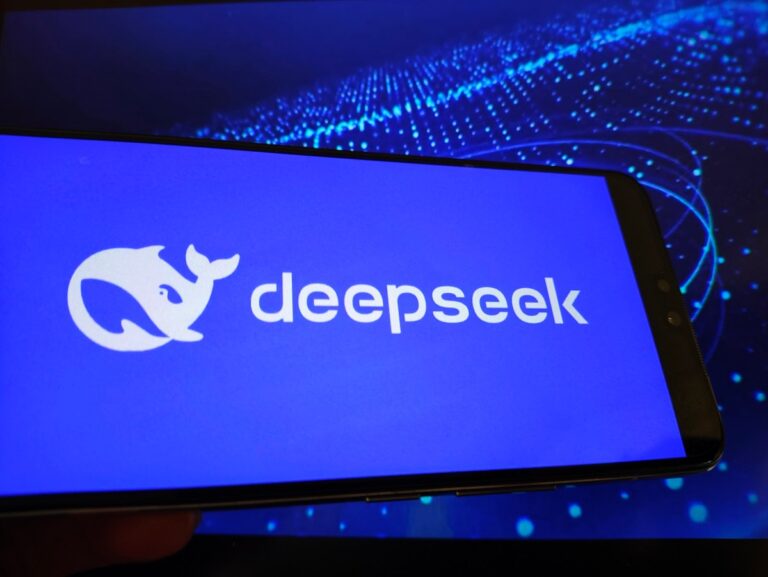Reid Hoffman Shares His Optimistic Vision for the Future of AI
In his thought-provoking new book, Superagency: What Could Possibly Go Right With Our AI Future, Reid Hoffman, co-founder of LinkedIn, presents a compelling argument that artificial intelligence (AI) can enhance human agency—offering us increased knowledge, better job opportunities, and improved lifestyles, rather than diminishing them. This perspective is particularly timely as discussions around AI’s implications for society become increasingly relevant.
Understanding AI’s Impact on Human Agency
Hoffman, along with co-author Greg Beato, emphasizes a balanced view regarding AI’s potential risks and rewards. He describes his perspective as one of “smart risk-taking” rather than mere optimism. In an interview, Hoffman stated, “Everyone, generally speaking, focuses way too much on what could go wrong, and insufficiently on what could go right.”
Iterative Deployment for Positive Outcomes
Hoffman advocates for an iterative deployment approach, which involves releasing AI tools to the public and adjusting based on feedback. He likens this process to automotive advancements that have made cars safer over time. He explains, “Innovation isn’t just unsafe; it actually leads to safety.”
The Role of Regulation in AI Development
While Hoffman supports intelligent regulation, he believes that fostering innovation through iterative deployment is crucial for achieving beneficial AI outcomes. He asserts that engaging the public in discussions about AI products is essential for shaping their development.
- AI tools should be designed with user feedback in mind.
- Public engagement can lead to better product outcomes.
- Innovation can facilitate safety and alignment in AI technologies.
Addressing Societal Concerns
In Superagency, Hoffman aims to spark dialogue about societal implications of AI, countering fears that AI could diminish human agency. He notes, “If very few of us are actually experiencing [that loss of agency], then that’s the quasi-argument against it.”
AI and Job Transformation
Hoffman recognizes that AI will significantly impact the job market, particularly in customer service roles. However, he is optimistic about AI’s potential to enhance productivity across various sectors:
- AI can make professionals more effective in their roles.
- Job transitions may occur, but AI can assist in skill development.
- Effective use of AI could lead to new job opportunities.
The Balance Between Risks and Benefits
While Hoffman acknowledges the challenges posed by AI adoption, he encourages readers to consider the potential benefits. He argues that society should focus on what could go right, thereby fostering a more balanced view of AI’s role in the future.
AI’s Environmental Impact
Reid Hoffman also addresses concerns about AI’s environmental implications, arguing that the growth of green energy in data centers mitigates these risks. He notes that companies like Microsoft and Google are investing heavily in sustainable energy solutions.
Conclusion
In summary, Superagency offers a fresh perspective on the future of AI, advocating for a balanced approach that recognizes both the risks and opportunities. By fostering intelligent regulation and engaging in public dialogue, we can harness AI’s potential to enhance human agency rather than diminish it.
For more insights on AI and its impact on society, check out related articles on AI’s Societal Impact and Technology and Innovation.






